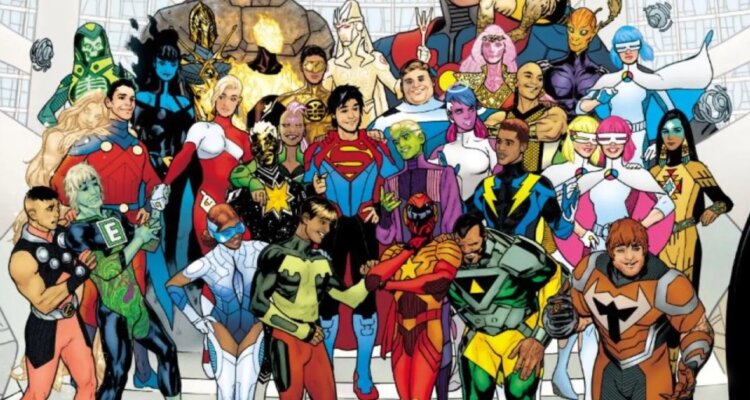sickofyourcrap.com – Over the past decade, superhero movies have skyrocketed from a niche genre to a cultural phenomenon, dominating the box office and shaping the landscape of modern cinema. This transformation has been nothing short of extraordinary, with comic book adaptations not only becoming a staple of Hollywood but also redefining the concept of a blockbuster. The journey from the silver age of comics to the silver screen has been a remarkable evolution, and here’s a deep dive into how superhero movies have come to rule the cinematic universe.
The Genesis: From Comics to Cult Classics
The seeds of superhero movie dominance were sown in the late 20th century with films like “Superman” (1978) and “Batman” (1989). These movies proved that comic book characters could translate successfully to the big screen, captivating audiences and earning significant box office returns. However, it wasn’t until the early 2000s that the genre began its ascent to the pinnacle of Hollywood.
The Turning Point: A Decade of Marvel and DC
The true revolution began with the release of “Iron Man” in 2008. This film was not just another superhero origin story; it was the launchpad for the Marvel Cinematic Universe (MCU), a bold experiment in shared universe storytelling that would redefine the superhero genre. The MCU’s interconnected narrative, starting with “Iron Man” and culminating in the epic crossover events like “The Avengers” (2012) and “Avengers: Endgame” (2019), demonstrated the potential for superhero movies to tell complex, emotionally resonant stories on a massive scale.
DC Comics, not to be outdone, entered the fray with the Dark Knight Trilogy, beginning with “Batman Begins” (2005) and reaching its zenith with “The Dark Knight” (2008), directed by Christopher Nolan. This series brought a gritty realism to the superhero genre, earning critical acclaim and commercial success.
The Expansion: Beyond Marvel and DC
The success of Marvel and DC on the big screen has also led to a broader interest in superhero narratives, with studios exploring lesser-known comic book properties. Fox’s “X-Men” series and “Deadpool” films, Sony’s “Spider-Man” iterations, and Warner Bros.’ “Suicide Squad” and “Wonder Woman” have all contributed to the genre’s diversity and appeal.
Moreover, the superhero genre has expanded beyond Western comics, with films like “Big Hero 6” (2014) and “The Incredibles” (2004) introducing animated superhero narratives, and “Wolf Warrior” (2015) showcasing Chinese action cinema’s take on the genre.
The Impact: Beyond the Box Office
Superhero movies have had a profound impact on the film industry and popular culture. They have become a testing ground for innovative filmmaking techniques, from the groundbreaking visual effects of “The Avengers” to the non-linear storytelling of “X-Men: Days of Future Past” (2014).
Moreover, these films have played a crucial role in diversifying Hollywood, with characters like Black Panther, Wonder Woman, and Miles Morales breaking barriers and inspiring a new generation of filmmakers and audiences. The genre’s global appeal has also facilitated a more inclusive dialogue about representation, identity, and heroism in the 21st century.
The Future: A Genre Without Boundaries
As we look to the future, the superhero genre shows no signs of slowing down. With Marvel Studios announcing plans for its Phase 4 and beyond, and DC Films reimagining its cinematic universe, the battle for comic book supremacy is far from over. Moreover, the genre’s evolution suggests that superhero movies will continue to push the boundaries of storytelling, technology, and cultural discourse.
In conclusion, the rise of superhero movies over the past decade has been a testament to the genre’s enduring appeal and its ability to adapt and innovate. From cult classics to cultural phenomena, these films have not only dominated the box office but have also left an indelible mark on the cinematic landscape. As we eagerly await the next chapter in this epic saga, one thing is clear: the age of superheroes is far from over.
